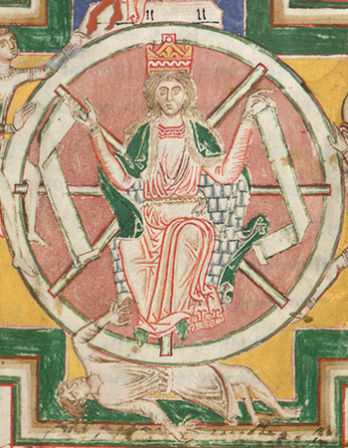Suppose that a stranger from another part of the world were to come to Athens. Would he not think that we are mad, seeing that we plume ourselves upon the deeds of our ancestors and think fit to eulogize our city by dwelling upon the achievements of their time and yet act in no respect like them, but do the very opposite?
For although we ought to be an example to all the world of good and orderly government, we manage our state in a worse manner and with more disorder than those who are just founding their cities. We pass a multitude of laws, but we care so little about them that, although we have prescribed the death penalty for anyone who is convicted of bribery, we elect men who are most flagrantly guilty of this crime as our generals, and we pick out the man who has been able to deprave the greatest number of our citizens and place him in charge of the most important affairs. We know that our democracy flourishes and endures in times of peace and security, while in times of war, it has twice already been overthrown, but we are hostile to those who desire peace as if suspecting them of favoring oligarchy, while we are friendly to those who advocate war as if assured of their devotion to democracy. We are versed beyond all others in discourse and in the conduct of affairs, but we are so devoid of reason that we do not hold the same views about the same question on the same day. On the contrary, the things we condemn before we enter the assembly are the very things we vote for when we are in session, and again a little later when we depart to our homes, we disapprove of the things we resolved upon here.
From On the Peace. An orator and rhetorician born shortly before the Peloponnesian War, Isocrates was fourteen years old when the Athenian assembly voted to punish the city of Scione, a former ally, by executing its adult men and enslaving its women and children. “I did not have a voice sufficiently strong nor self-assurance to enable me to cope with the mob,” he later wrote, “to be reviled and to abuse those who parade on the speaker’s platform.” Rather than participate directly in politics, he advocated for Panhellenic peace by way of treatises such as this one.
Back to Issue




